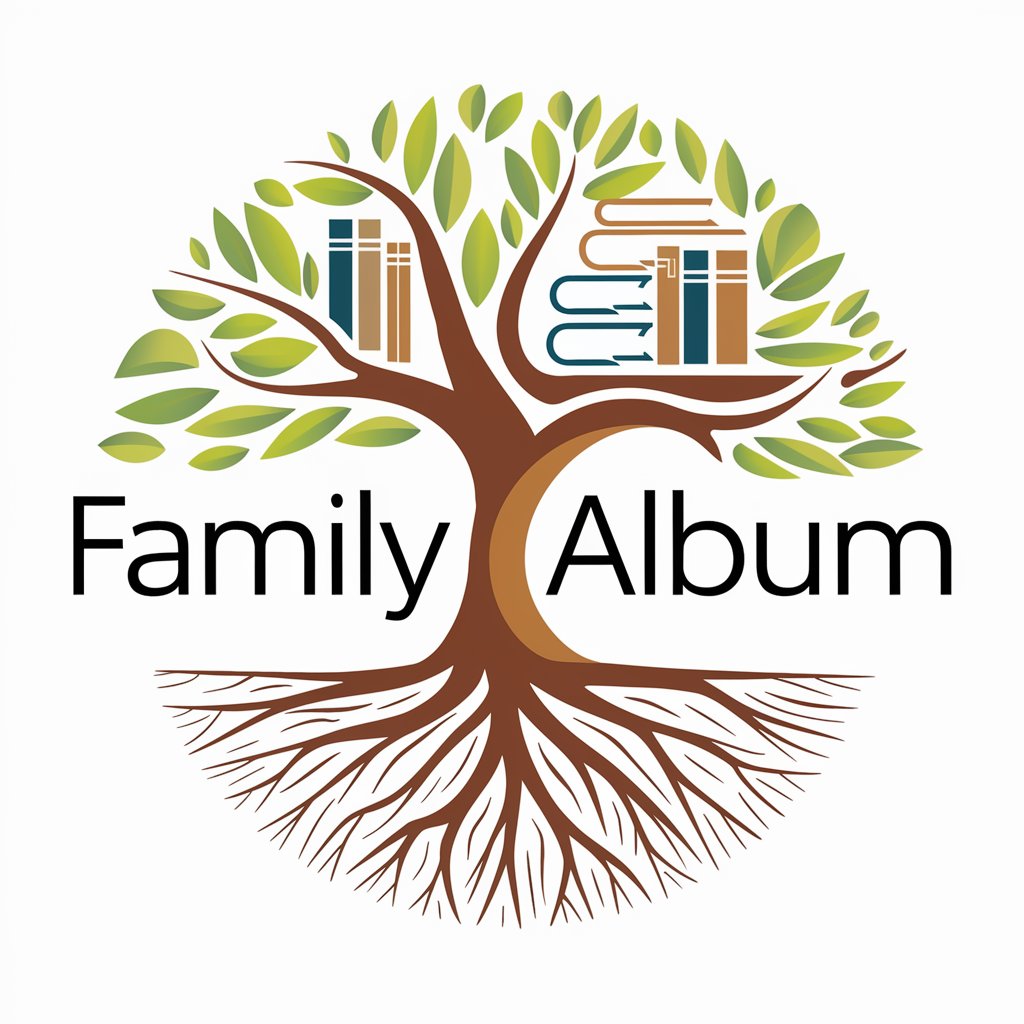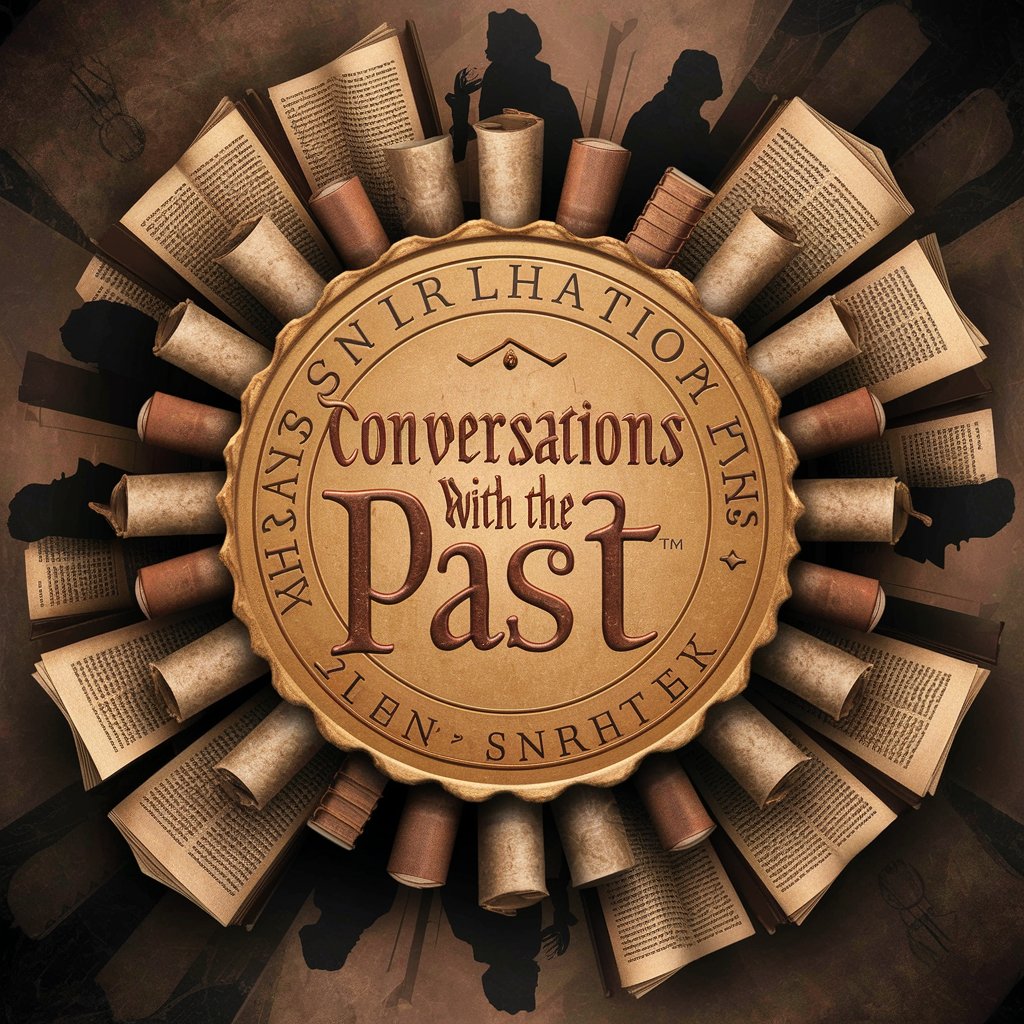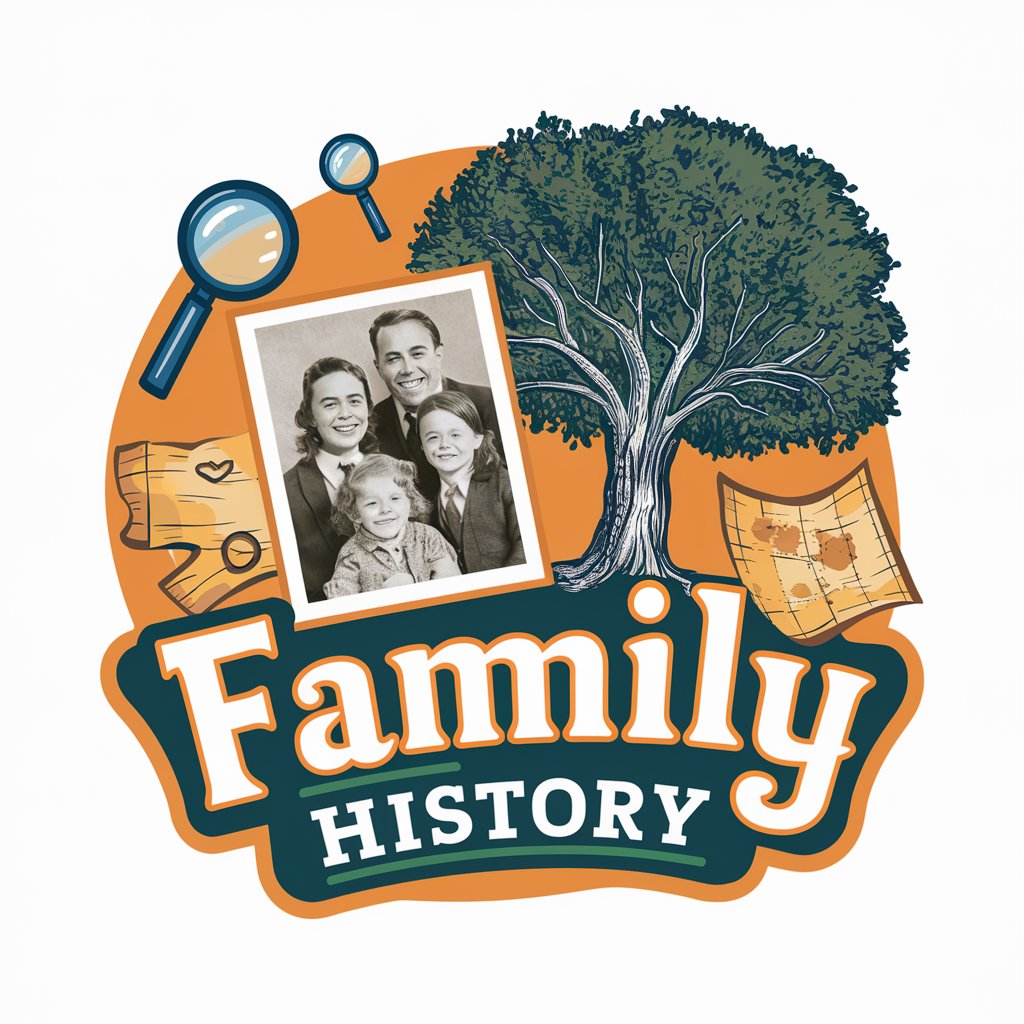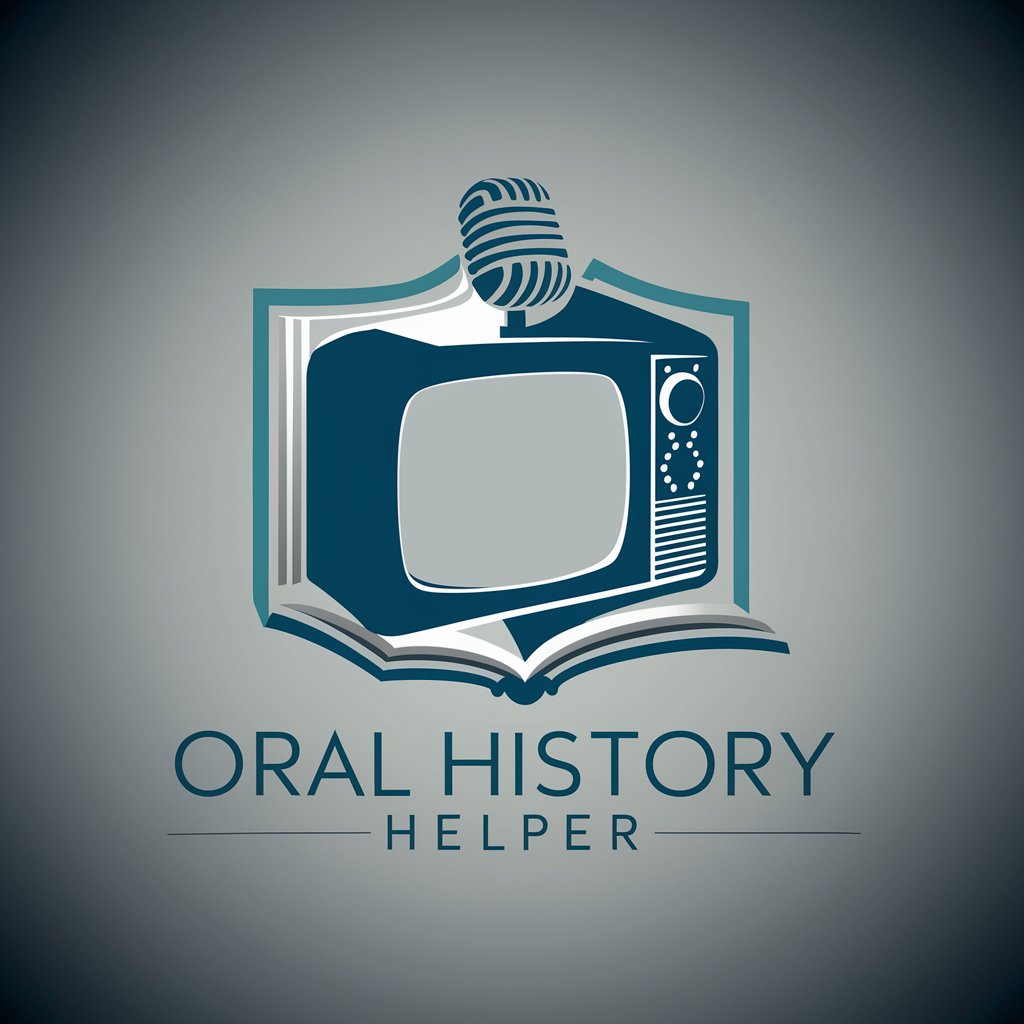
Oral History - How to Record Your Family History - Oral History Recording Guide
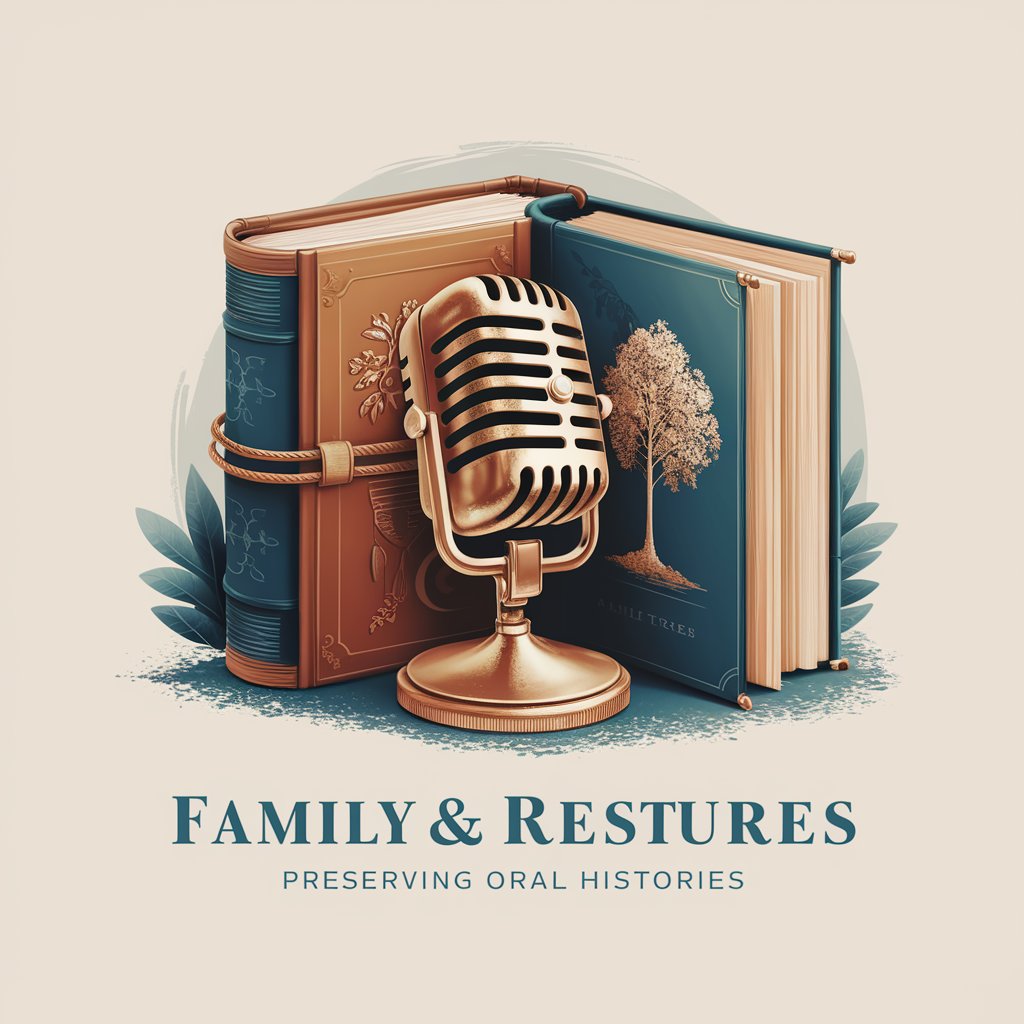
Welcome! Let's preserve your family's stories together.
Preserve family stories with AI-powered assistance
What are some key questions to ask when interviewing a family member about their childhood?
How can I create a comfortable environment for my family member to share their stories?
What type of recording equipment is best for capturing high-quality oral histories?
Can you provide tips on organizing and archiving recorded family histories effectively?
Get Embed Code
Introduction to Oral History - How to Record Your Family History
Oral History - How to Record Your Family History is designed as a comprehensive guide and toolset for individuals interested in preserving the rich narratives and experiences of their family members through oral history recordings. This function serves to capture personal stories, cultural traditions, and historical events as recounted by family members, ensuring these invaluable insights are preserved for future generations. It encompasses a wide range of techniques and advice, from choosing the right recording equipment and setting up an effective interview environment to formulating engaging questions that encourage detailed storytelling. For example, it can guide a user in recording a grandparent's migration story, detailing the emotional and physical journey, the challenges faced, and the impacts on family history. This scenario illustrates the tool's purpose in not only preserving history but also in fostering a deeper understanding and connection within families. Powered by ChatGPT-4o。

Main Functions of Oral History - How to Record Your Family History
Guidance on Recording Equipment
Example
Choosing between digital recorders, smartphones, or professional audio equipment based on budget, technical skills, and the quality of recording desired.
Scenario
A family historian wants to record high-quality oral histories for a family reunion documentary. They are guided on selecting a suitable microphone and recorder that captures clear audio in a variety of settings.
Formulating Meaningful Questions
Example
Creating a list of open-ended questions that prompt detailed responses, tailored to the interviewee's life experiences and the historical context they lived in.
Scenario
Preparing to interview a veteran about their military service, the user is advised on questions that explore not just the factual timeline but also the emotional and social aspects of their experiences.
Creating a Comfortable Interview Environment
Example
Setting up a quiet, welcoming space that encourages open, honest dialogue. Suggestions include considering lighting, seating arrangements, and minimizing background noise.
Scenario
Organizing an interview with a shy family member, the user is guided on creating a non-intimidating space that helps the interviewee feel at ease, leading to more enriching storytelling.
Ideal Users of Oral History - How to Record Your Family History Services
Family Historians
Individuals interested in capturing and preserving their family's stories, traditions, and historical events. They benefit from detailed guidance on recording techniques, question formulation, and interview setup to ensure high-quality oral histories are collected.
Genealogists and Academic Researchers
Professionals or enthusiasts who seek to add a personal narrative to their genealogical research or academic studies. They value the tool for its ability to capture nuanced, first-hand accounts that enrich historical records and genealogical data.
Educators and Students
Teachers and students involved in projects that explore family histories, cultural heritage, or social studies. They utilize the tool to engage with personal histories in a way that textbooks cannot, offering a more intimate connection to historical events and cultural contexts.

How to Use Oral History - How to Record Your Family History
Start Your Journey
Begin by accessing yeschat.ai to explore Oral History recording capabilities without the need for registration or a ChatGPT Plus subscription.
Prepare Your Equipment
Ensure you have a reliable recording device (smartphone, digital recorder, or computer with a microphone) and a quiet, comfortable space for conducting interviews.
Plan Your Interview
Draft a list of questions or topics you wish to cover, tailored to the interviewee's life experiences and your family history goals.
Conduct the Interview
Engage with your family member in a conversational manner, using your questions as a guide, and allow space for natural digressions or memories that arise.
Review and Share
After the interview, review the recording for any necessary edits, then preserve and share the oral history with family members and for future generations.
Try other advanced and practical GPTs
Water Park
Dive into Fun with AI-Powered Insights

Parenting Plan Canvas Designer
Tailored parenting strategies, powered by AI
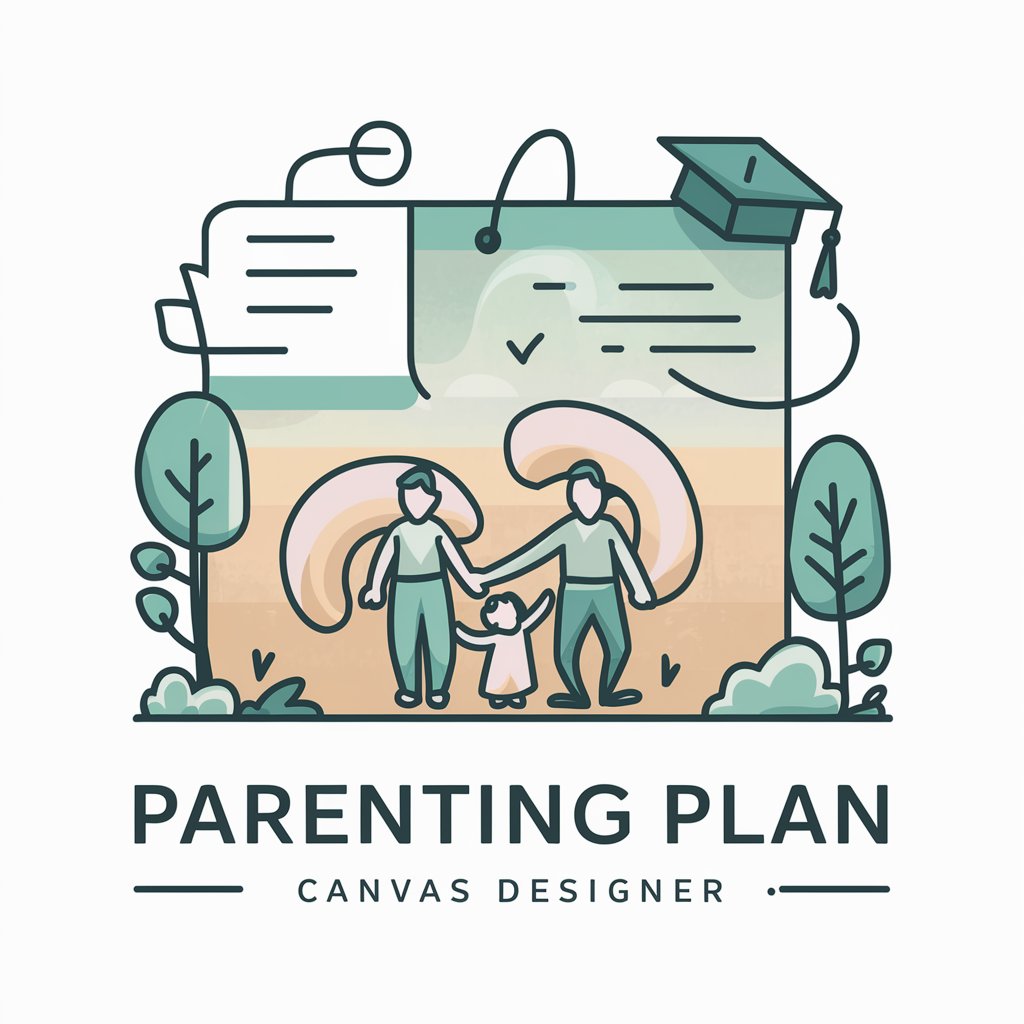
Toly Storia Fantasy
Envision. Craft. Enrich. Your AI-powered fantasy storytelling companion.

故事影像转化师
Bringing Text Narratives to Life with AI
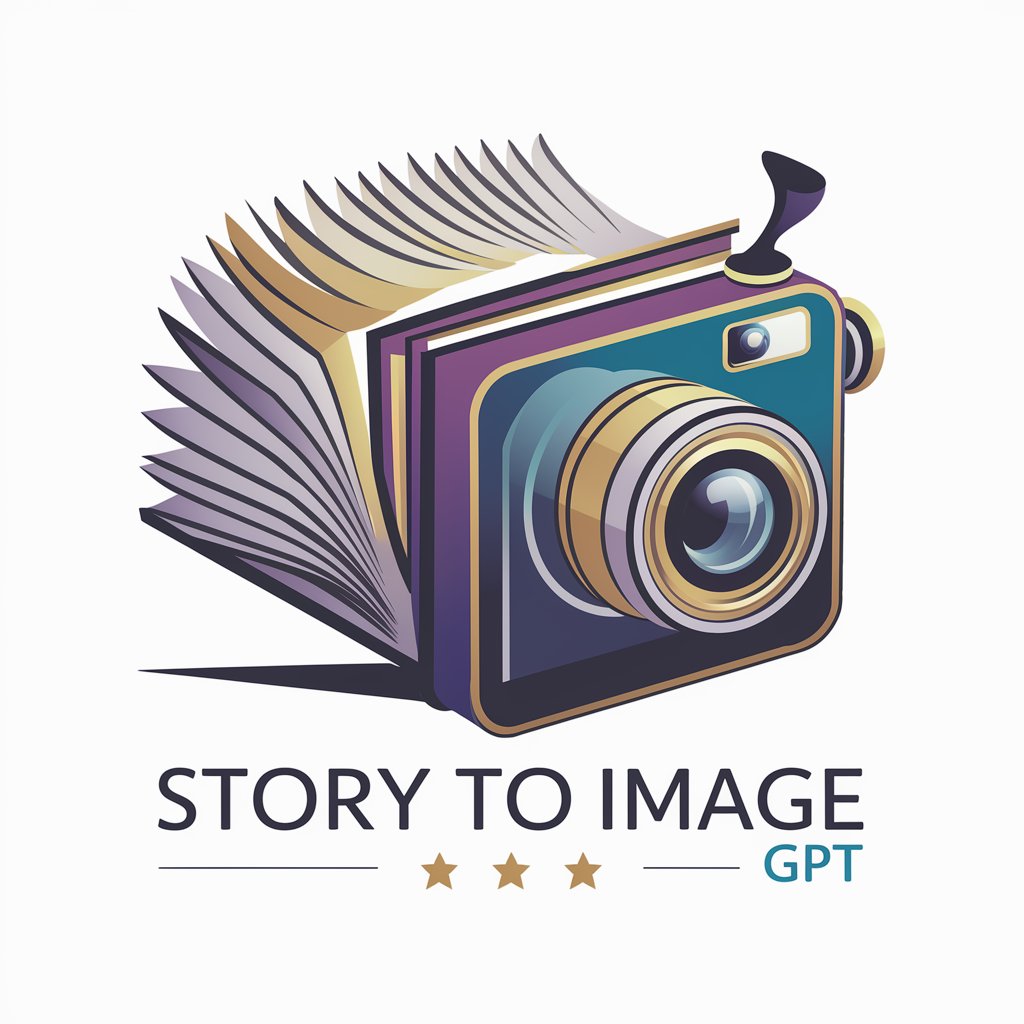
Forex Insight
Empowering Your Forex Decisions with AI

Werk
Empowering Music Creation with AI

Family Law Guide
Empowering Legal Decisions with AI
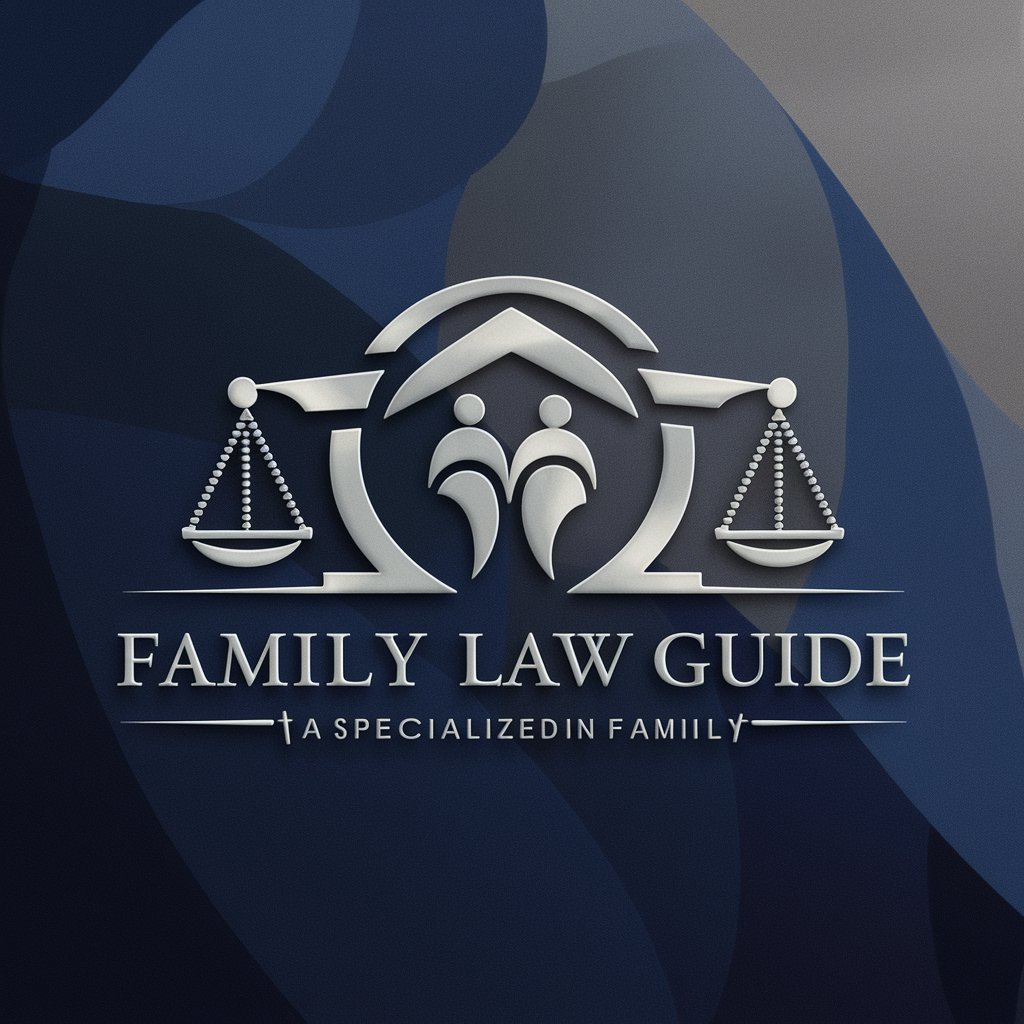
Générateur de bandes dessinées de rire
Transform photos into hilarious comics with AI.

Deep Waifu
Transform photos into anime waifus with AI

PDF Insight Reader
Uncover Insights from PDFs with AI
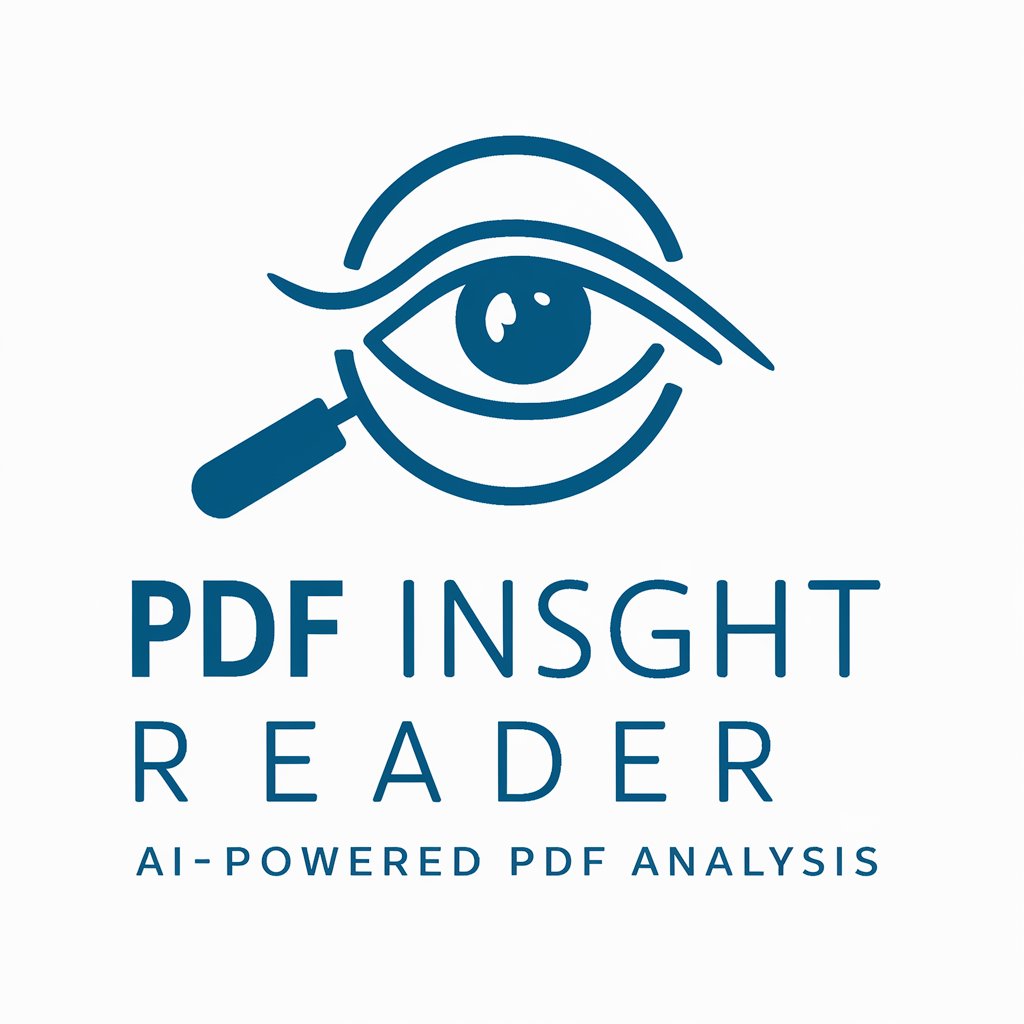
Visual Mystery
Sharpen your observation with AI-powered mysteries.

Your Mom's GPT
Revolutionizing Comedy with AI
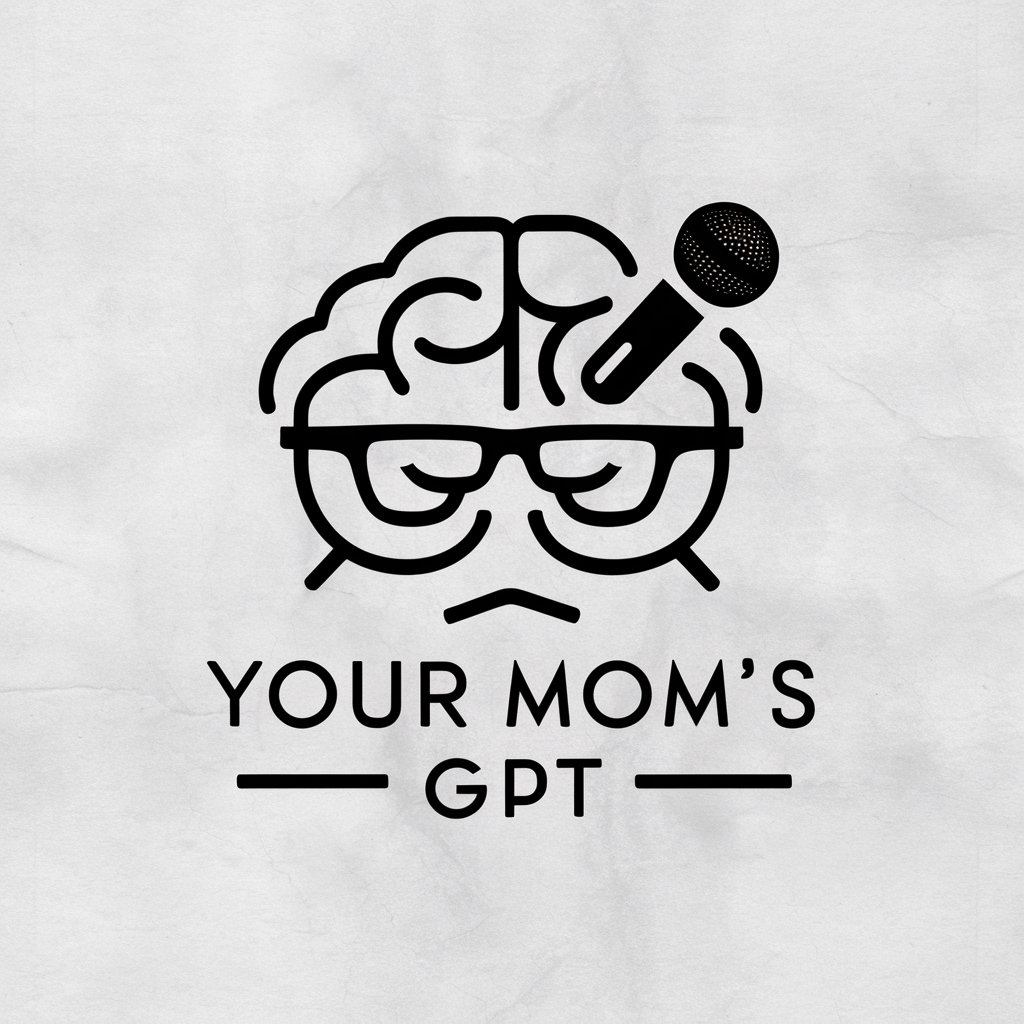
Oral History - FAQs
What is the best device for recording oral histories?
The best device depends on your resources and needs. Smartphones can produce high-quality audio suitable for most purposes. However, for the highest fidelity, consider a digital audio recorder or a computer with a professional microphone and recording software.
How do I ensure high-quality audio recordings?
To ensure high-quality audio, record in a quiet, indoor environment to minimize background noise. Use an external microphone when possible, and test your setup before starting the interview. Pay attention to the recording levels to avoid distortion or low volume.
What are some effective interview techniques?
Effective techniques include doing preparatory research on the interviewee, asking open-ended questions to encourage detailed responses, listening actively, and being flexible to let the conversation flow naturally. It's also important to build rapport and trust with your interviewee.
Can I edit oral history recordings?
Yes, editing can help improve clarity and flow, remove lengthy pauses or off-topic sections, and correct technical issues. However, it's crucial to maintain the integrity of the interviewee's words and context. Always keep an unedited master copy for archival purposes.
How should I preserve and share oral histories?
Preserve oral histories by saving them in multiple digital formats and backing them up in different locations (cloud storage, external hard drives). Share them with family members through private online galleries, USB drives, or create a family website or podcast to make them accessible.
